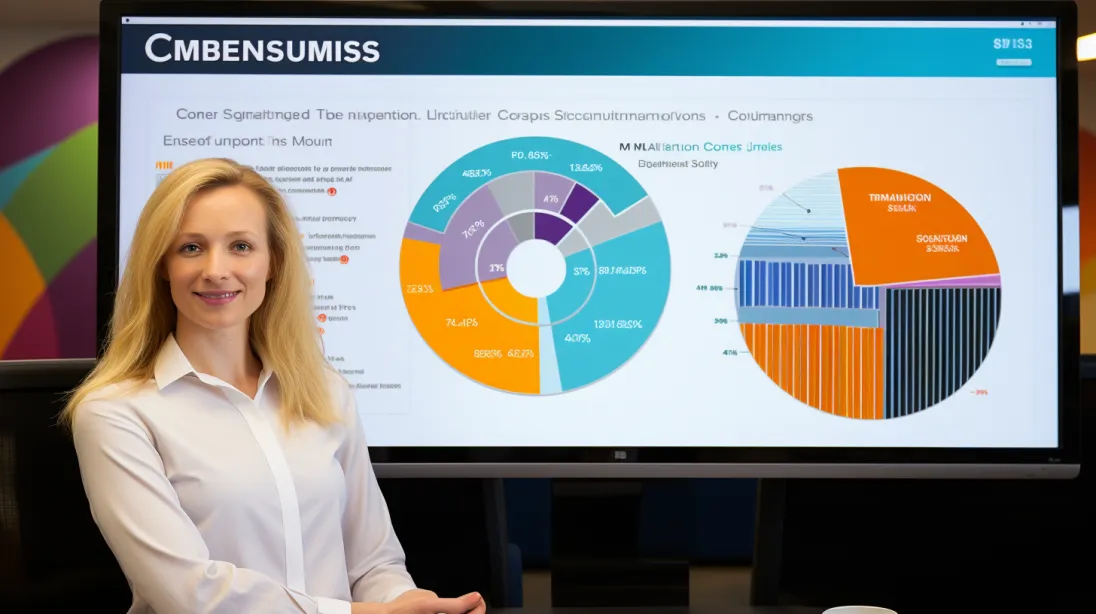Navigating through the dense foliage of available Content Management Systems (CMS) can often feel like an overwhelming expedition. The myriad options, each with its unique functionalities and applications, can easily bewilder any business venturing into the digital realm.
Unveiling the CMS Conundrum
The challenge of choosing the right CMS isn’t solely grounded in its apparent complexity but is also an outcome of the sheer variety and specificity of available platforms.
Contextualizing CMS Needs
The first step to disentangling oneself from the CMS puzzle is to formulate a crystal-clear understanding of what your business specifically demands from its digital platform.
Defining Usability in Your Terms
Usability extends beyond a user-friendly interface and encapsulates elements like compatibility, flexibility, and scalability tailored to your organizational needs.
Deciphering Vital CMS Characteristics
Identifying and understanding the crucial attributes of a CMS is pivotal in maneuvering through the options effectively.
Scalability: Fostering Future Growth
Choosing a CMS that not only meets present needs but also accommodates future growth and evolution is quintessential.
Security: Fortifying Your Digital Fortress
Ensuring airtight security, regular updates, and a reliable backup to safeguard both user data and content is non-negotiable.
Analyzing Top-tier CMS Options
Delving into some of the prevalent CMS options provides valuable insights into their pros and cons.
WordPress: A Versatile Contender
Popular for its versatility and extensive plugin directory, WordPress also offers a user-friendly interface but isn’t without its security concerns.
Joomla: Balancing Complexity and Power
Offering a balance between power and user-friendliness, Joomla presents robust functionalities but may pose a steeper learning curve.
Drupal: Robust and Scalable
Praised for its robustness and scalability, Drupal, however, demands a more technically savvy administrator.
Evaluating Proprietary vs. Open-Source CMS
The debate between choosing a proprietary or an open-source CMS hinges on factors like budget, customization needs, and technical expertise.
Proprietary CMS: Exclusive and Supported
Offering exclusive features and dedicated support, proprietary CMS often comes with a heftier price tag and limited customization.
Open-source CMS: Customizable but Demanding
While open-source CMS offers high customization and generally lower costs, it may demand more in-house technical expertise.
Culminating the CMS Expedition: Making The Decision
The journey through the CMS jungle culminates in a decision shaped by organizational needs, technical capacity, and future aspirations.
Aligning with Organizational Goals
Ensuring that the chosen CMS aligns seamlessly with both the present and future goals of the organization is paramount.
Ensuring Seamless Integration
Opting for a CMS that integrates smoothly with existing systems and workflows minimizes transitional friction.
Future-Proofing Your Platform
Considering forward compatibility and the CMS’s ability to adapt to technological advancements protects against premature obsolescence.
Conclusion
Embarking on a CMS selection journey involves meticulous consideration of the specific needs, objectives, and capabilities of your organization. The chosen platform should not merely be a repository of digital content but a facilitator of seamless user experiences, operational workflows, and scalable growth.



